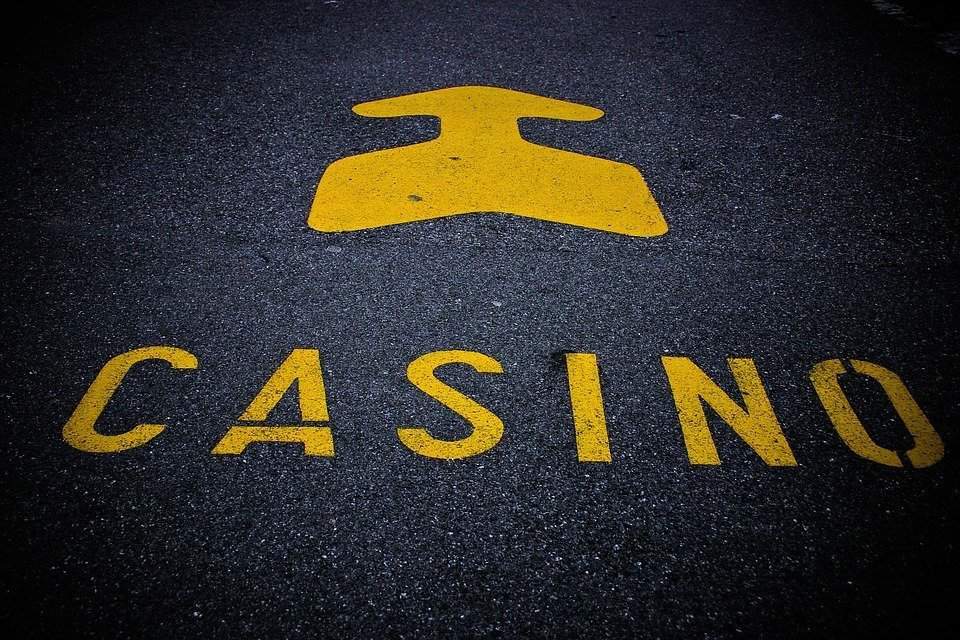
Sponsored content
Online gambling is a fairly popular entertainment, so it needs appropriate regulations to be more controlled and safer for all participants. While some countries completely ban the activity, others understand the importance of taxes the industry brings to the budget. Therefore, virtual casinos are legalised in numerous states, but regulatory aspects vary.
Different levels of gambling industry development significantly impact state legislation. Comparing New Zealand and Hungary in terms of this entertainment will show the regulatory basis of both countries, highlighting all the pros and cons they have.
Current State of Online Gambling in New Zealand
The gambling infrastructure is well-developed in the country; it boasts several majestic land-based establishments popular among locals and visitors. On the other hand, online casinos are even more in demand than land-based ones, as they are accessible wherever a user is and offer numerous benefits.
In fact, New Zealand online casinos listed at Casino Deps gambling portal are extremely popular among players offering a rich game selection and diverse bonuses. However, NZ online gambling regulations are specific, as they prohibit domestic gaming platforms, at the same time allowing overseas operators to enter the country’s market.
Therefore, Kiwis can only engage in slots and games in offshore online casinos; such conditions are beneficial for all parties.
Legal Framework and Regulatory Bodies
The Gambling Act 2003 is the main document regulating the industry in New Zealand. All activities run outside it are considered illegal in the country. The Act completely bans online casinos registered in NZ, so it’s impossible for Kiwis to launch a gaming platform or join one.
However, the Department of International Affairs, the primary regulatory authority, doesn’t prohibit users from joining foreign websites. It’s legal for the country’s residents to join offshore virtual casinos.
The country’s government concentrates on providing a secure and transparent gambling environment for users, so it’s only legal to join licensed and regulated establishments. UKGC, Curaçao eGaming, Malta Gaming Authorities, and other responsible bodies are accepted in the country.
Therefore, New Zealand players can enjoy a huge choice of online casinos. They don’t have to pay taxes on their winnings, which is an additional benefit for those engaged in the gambling world.
Facts And Statistics
The gambling industry in the country has experienced stable growth since 2017: the annual growth rate is around 6%. Its revenue was around $1.1 billion by the end of 2023. The trend is projected to continue in 2024 as customer engagement constantly increases.
Over 80% of NZ residents reported gambling in some way, so it can be rightfully considered national entertainment. New Zealand’s luxurious land-based casinos also contribute significantly to local economies, generating jobs and supporting tourism in their host cities.
On the other hand, gambling addiction is an industry challenge all market participants have yet to overcome. The Department of International Affairs implements all the available measures to promote healthy behaviours and help users avoid the negative consequences when playing online casinos.
Present Status of Online Gambling in Hungary
The Hungarian casino sector is not as popular as that of NZ; according to reports, around 4% of the country’s residents gamble. The country’s iGaming industry is expanding, attracting more users and providing them with secure and reliable conditions.
Hungary now offers freedom and flexibility for online casino lovers, which is among the main reasons for industry growth.
Current Laws and Regulatory Bodies
This entertainment was legalized in 1991. Since then, Szerencsejáték Zrt, the national regulatory authority, was the monopolist covering all risky activities within the country. All foreign online casinos were banned in the country, so locals could only enjoy Hungary-based platforms to enjoy slots and games.
However, the latest amendments in January 2023 ended it, so now, the Hungarian market accepts all operators under relevant EU licensing. Currently, players have multiple opportunities and minimum restrictions in the iGaming sector, which is why this entertainment is gaining popularity.
Of course, users can only join licensed and secure gaming establishments providing fair conditions to their members.
Data and Recent Stats
It’s projected that user penetration in the gambling industry will reach 4.2% in 2024. Simplified legislation and the availability of more online casinos boost players’ interest in this pastime in Hungary. Therefore, the industry revenue is also predicted to grow by around $563 million.
On the other hand, the gambling addiction rate in Hungary is around 1.9%, which is considerably high. This figure can be explained by the small number of users engaging in this entertainment. However, the issue should still be addressed. While NZ has a well-developed promotional basis for responsible gambling, Hungary still lacks special mechanisms.
Implementation of detailed guidance for casino members and self-exclusion programs for compulsive gamblers is likely to help decrease the alarming statistics.
Final Thoughts
The New Zealand and Hungarian gambling landscapes differ significantly. While Kiwis are actively engaged in this entertainment and over 80% of the population play casinos, Hungary’s gambling market is more likely to Canadian one. Even though iGaming is allowed within the country and is regulated by European responsible authorities, it’s still not as popular as in NZ.
Overall, both states provide reliable conditions for risk hunters and offer a broad choice of online casinos. Players over 18 can join the chosen licensed establishments and take advantage of multiple promotions.
Disclaimer: the author(s) of the sponsored article(s) are solely responsible for any opinions expressed or offers made. These opinions do not necessarily reflect the official position of Daily News Hungary, and the editorial staff cannot be held responsible for their veracity.